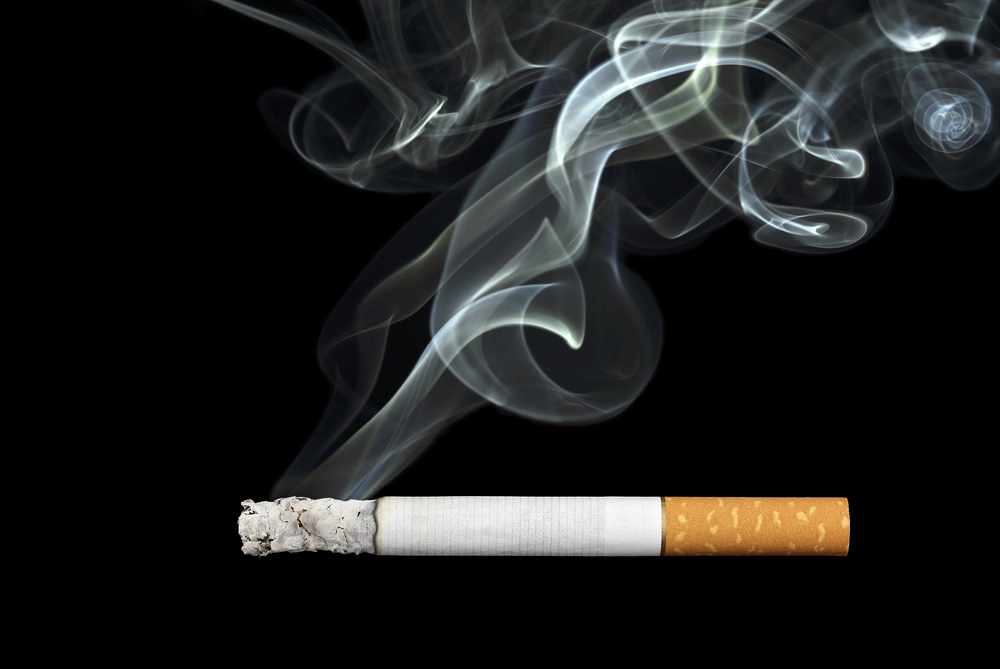-
Featured News
Mayo Clinic Q and A: Toxic chemicals from cigarettes remain toxic in secondhand smoke
 DEAR MAYO CLINIC: Is secondhand cigarette smoke dangerous to my health?
DEAR MAYO CLINIC: Is secondhand cigarette smoke dangerous to my health?
ANSWER: The short answer to your question is yes, secondhand smoke is dangerous. Secondhand smoke — also known as environmental tobacco smoke — is a combination of the smoke coming from a burning cigarette and the smoke exhaled by the smoker, which spreads out to the surrounding space.
Secondhand smoke contains the same toxic chemicals that are inhaled by smokers, including nicotine, carbon monoxide, benzene, formaldehyde, cyanide and a variety of cancer-causing substances. The effects of these chemicals are greater when inhaled directly from a cigarette; nonetheless, the effects are still toxic secondhand.
Particles in secondhand smoke can remain in the air for hours, and the residue that clings to a smoker's hair, clothing and other items also may pose health risks, especially for children. This residue is sometimes referred to as thirdhand smoke.
Because secondhand smoke is a dynamic mixture that changes as it travels and mixes with the environment, it’s hard to quantify its risk. In general, no amount of secondhand smoke is safe, because of its inherent toxicity.
Evidence indicates that the secondhand smoke exposure that comes from living with a smoker can increase your risk of lung cancer by 20 to 30 percent. Secondhand smoke also increases your risk of coronary heart disease by 25 to 30 percent and can lead to a variety of health risks for children, as well as for pregnant women and their unborn babies.
As with active smoking, the greater the exposure — and the longer the duration of exposure — the greater the risk of harm, especially for diseases such as lung cancer. However, even short-term exposure can worsen symptoms of asthma and coronary heart disease.
Unfortunately, air cleaning devices or filters don’t effectively clear the air of secondhand smoke. The only way to eliminate the risks of exposure is to eliminate smoking. In recent years, smoke-free legislation has greatly increased the number of public places that are now smoke-free.
For a smoker, smoking cessation can be a difficult journey but an important one. If you smoke, know that quitting will improve not only your own health, but also the health of your loved ones. If you live with a smoker, your full support is essential to his or her quitting process. (adapted from Mayo Clinic Health Letter) — Dr. Steven Ames, Psychology, Mayo Clinic, Jacksonville, Florida







